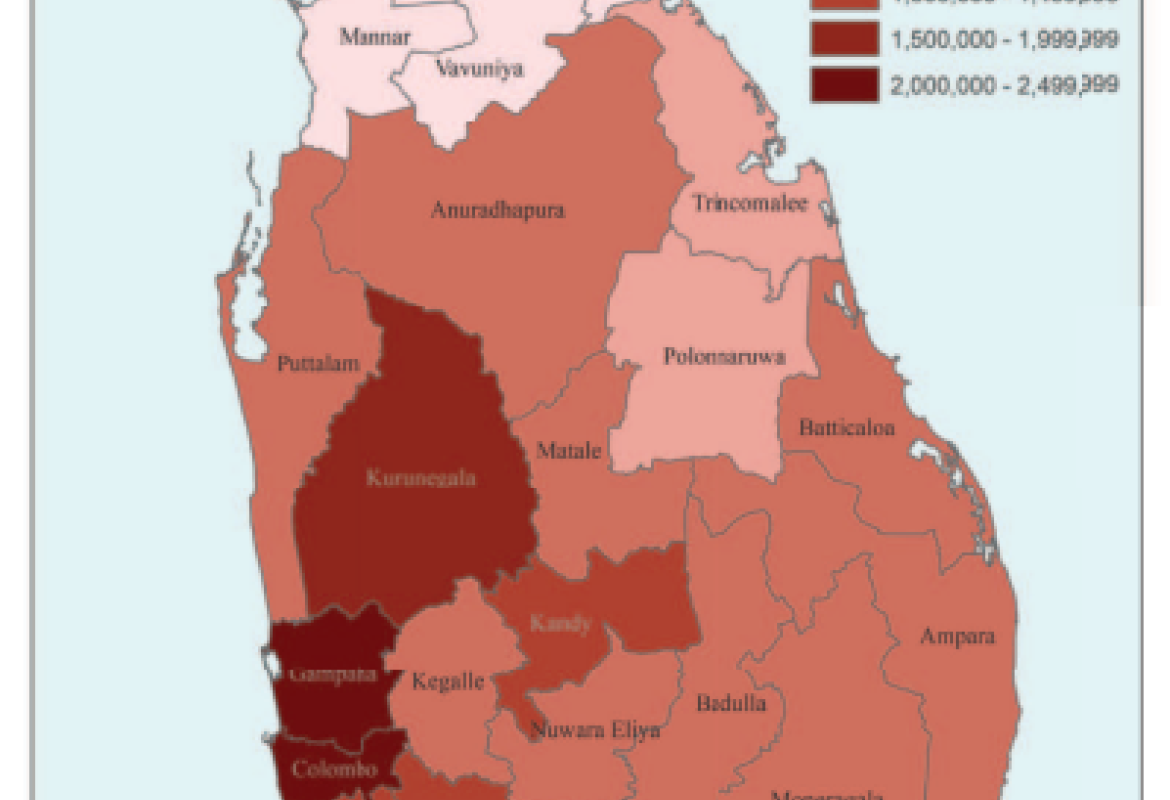Sexual Violence in Conflict: Sri Lanka
In the run up to the Global Summit to End Sexual Violence in Conflict,due to take place in London tomorrow, we revisit the evidence documenting the use of sexual violence by Sri Lanka's military against Tamils in the island's ethnic conflict. Photograph - UK Foreign Secretary William Hague calls for perpetrators of sexual violence in Sri Lanka's conflict to be brought to account, speaking in Colombo, Nov 2013






























